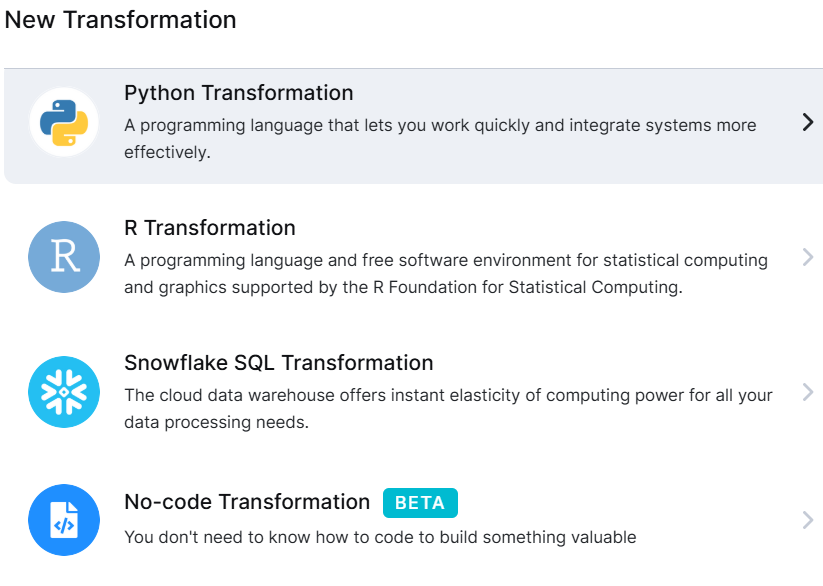TLDR: What can I do for free? (Correct at the time of writing in April 2025)
You can extract, load and transform data from multiple sources using multiple languages. You can then model it and present it as visualisations to tell a story through your data.
Summary of what Keboola is:
I have sort of posted about Keboola in the past but here is a more in depth post. Honestly I think it is a great tool, with a decent free option, for beginners or those wanting to demo a basic home project to get started with. You can play with SQL, python, data ingestion, extraction, snowflake etc.
Keboola is a cloud-based data integration and management platform designed to help businesses consolidate, transform, and analyse their data from various sources in a unified environment. It aims to simplify data operations, automate data workflows, and enable data-driven decision-making without the complexities of infrastructure management.
Here are some key aspects of Keboola:
Core Functionality:
- Data Integration (ETL/ELT): Keboola facilitates the extraction of data from diverse sources (databases, APIs, cloud services, files), its transformation (cleaning, shaping, enriching), and loading into a central data storage or other destinations. It offers over 700 pre-built connectors.
- Data Storage: It provides a centralized cloud-based data storage solution, supporting options like Amazon S3, AWS, GCP, Snowflake, and BigQuery. Keboola also allows users to bring their own data storage.
- Data Transformation: Users can perform data manipulation using SQL, Python, and even R and Julia in paid tiers. It supports chained transformations for complex workflows.
5 - Orchestration and Automation: Keboola allows users to automate and schedule data pipelines, manage workflows, and monitor their execution.
- Data Governance and Security: The platform offers features for access control, audit trails, data lineage, and compliance with standards like SOC 2 Type II, GDPR, and HIPAA (in paid tiers).
- Data Sharing: Keboola enables secure data sharing with partners and clients.
- Pre-built Components and Solutions: It offers pre-built components to accelerate common data integration and processing tasks, as well as the ability for developers to create custom components.
Key Features:
- Self-Service Platform: Designed to be user-friendly, even for those without extensive programming knowledge, offering a low-code/no-code interface for many tasks.
- Cloud-Native Architecture: Built entirely in the cloud, offering scalability and eliminating the need for hardware or software setup.
- Modular Design: Components run as isolated Docker containers, ensuring stability and allowing for parallel processing.
- Developer-Friendly: Provides APIs and a command-line interface (CLI) for developers to build custom solutions and integrate with other tools.
- Data Catalogue: Available in paid tiers, offering a centralized repository for data understanding and discovery.
- Workspaces: Secure, isolated environments for data exploration and testing.
- Reverse ETL: Enables moving data from the data warehouse back to operational systems.
Pricing:
Keboola offers a tiered pricing model, including a Free Tier (Pay as you go) with limited computational runtime and storage.
What can you do in Keboola to show you love data?
Well for starters you can build a demo ETL on something you like. Think about this.
- Multiple data sources e.g.
- CSV from Google Drive or OneDrive
- Data from Social Media.
- Perform transformations in:
- SQL
- Python
- R
- Sign in to Snowflake, write SQL and have a nose around
- Keep you code in Git / Github Desktop and demonstrate some basic version control




